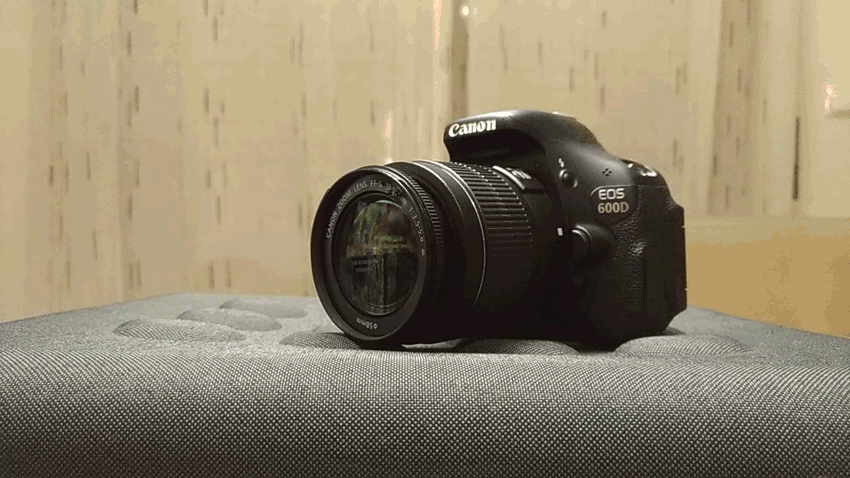
Hi there everybody :)
What from a distance appears to be merely a pale fragment, under the macro lens reveals itself to be irregular, almost lunar terrain, riddled with craters and sharp edges. The white surfaces, broken by the brownish tone of wear, resemble parched deserts or petrified fossils.
The randomly scattered holes evoke colonies of invisible insects or structures corroded by salt and time. Some areas appear melted, as if the object had been shaped by fire, while others retain sharp edges that suggest fragility and resistance at the same time.
The soft colors, including beige, ivory, and burnt ochre, compose an earthy palette, where each shade projects new layers. At certain points, the blur dissolves contours, transforming solids into clouds, stone into mist, matter into abstraction.
It is possible to see shapes and fragments of coral ripped from the ocean floor. Nothing is fixed; the details flow between the physical reality of the piece and the mental images it evokes. Chaos is not the absence of order, but an invitation to dive into a labyrinth of textures, where every inch hides a story and every shadow creates a new landscape.


Among the numerous techniques available for macro photography, this method is arguably the most cost-effective and efficient for individuals possessing a camera with a removable lens. By simply detaching the lens and reversing its direction, and employing an inversion ring, the process becomes more manageable and streamlined.
Let me share the visual result of this session:












Technical Description of Macro Photography Session
Camera Settings
Focus Mode: Manual focus to ensure precision in specific details of structure.
Aperture: Variable aperture between f/4 and f/5 for adequate depth of field, ensuring all important details are in focus.
ISO: Low ISO setting (400) to minimize noise in images.
Shutter Speed: Adjust shutter speed as needed to avoid underexposure, while maintaining a value that allows you to capture sharp details.
Procedures
- Environment Preparation:
Assembling the macro photography set in a controlled environment, minimizing the presence of dust and ensuring a clean and white surface for positioning the subject. - Section Positioning:
Placing the subject in position that highlight the unique characteristics, using appropriate supports to keep the example stable. - Lighting Adjustment:
Setting the LED lights to provide uniform illumination, adjusting the intensity and angle of the lights to eliminate unwanted shadows. - Image Capture:
Taking multiple shots with variations in aperture settings, shutter speed and capture angle, exploring different perspectives and compositions. - Image Review:
Immediate analysis of images captured on the camera's viewfinder to ensure that all desired details were captured sharply and clearly. - Post-Production Editing:
Importing images into editing software (Adobe Photoshop CS) to adjust brightness, contrast, sharpness and remove any imperfections.
To finish, i leave you with some considerations regarding these photo sessions:
Examining miniature subjects through macro photography reveals a compelling domain where minute details assume significant importance. Immersing oneself in the intricacies of these diminutive objects allows for the recognition of the often-overlooked beauty within this microenvironment. Each image captures a fleeting moment, showcasing the complexity hidden within the small-scale elements of nature. The essence of macro photography lies in its ability to elevate ordinary subjects to extraordinary levels, offering an intimate and captivating perspective.
The session is closed for today.
Hope you like it :)

These photos weren't taken with a tripod
Camera - Canon EOS 600D
Lens - EFS 18-55mm
Location - Portugal


See you soon
Thank you for watching
Never forget
The price of anything is the amount of life you trade for it.
Time is life... value yours, make every fraction worth it.
The result of this camera is quite good, allowing us to see everything clearly, and it has been a long time since you have been researching such stones, and you only learn things through experience.
Thank you for stopping by :)